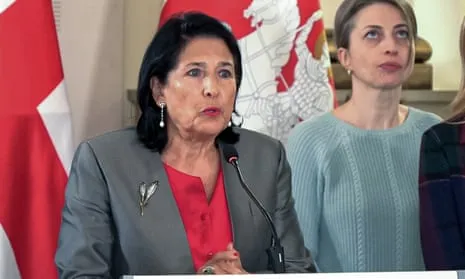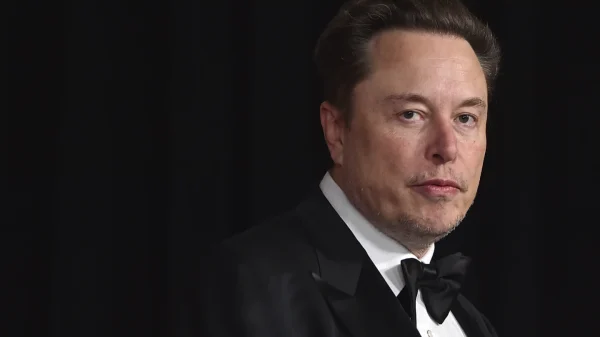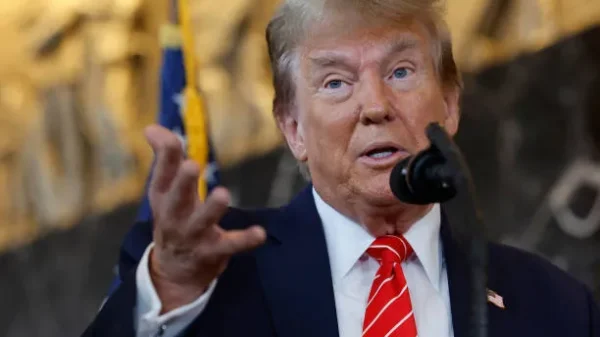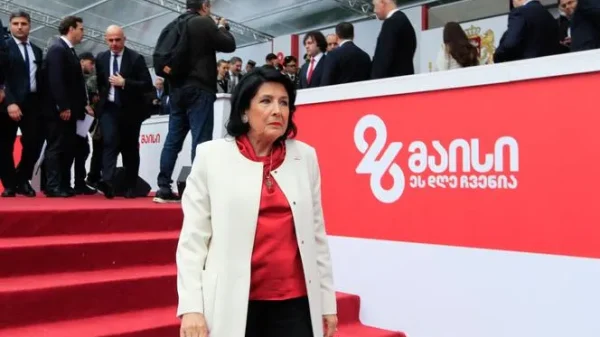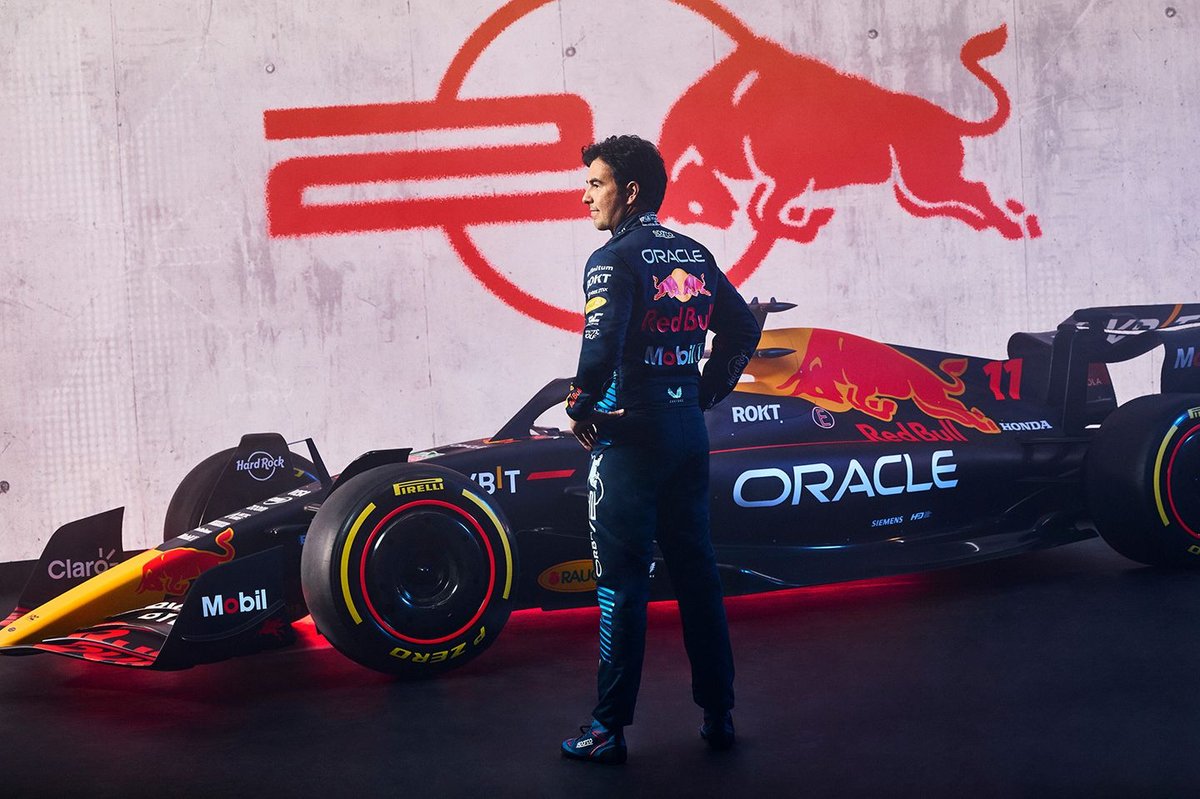Red Bull’s technical director Pierre Wache has acknowledged that the team might have reached the limits of development with their current F1 car, though he suggests that the overall potential within the regulations remains untapped.
Based in Milton Keynes, Red Bull has set the standard in the current technical era, with Max Verstappen winning nearly three-quarters of the races in this period.
However, since the Miami Grand Prix, where Lando Norris secured his first F1 victory, competitors McLaren, Mercedes, and Ferrari have begun to close the gap.
Alongside Norris, McLaren’s Oscar Piastri, Mercedes drivers Lewis Hamilton and George Russell, and Ferrari’s Carlos Sainz, who won in Australia earlier in the season, have all claimed race wins.
In an exclusive interview with Motorsport.com, Wache was asked if the RB20 had met the expectations he and the team had set before the season.
He responded, “I would say not really. We have improved compared to last year, without a doubt, but we didn’t deliver what we anticipated in some areas. Particularly in high-speed corners, we expected a bit more.”
Wache continued, “Without considering the car’s competitiveness and based solely on our own benchmarks, we expected better performance from our tools. Some of this can be attributed to correlation issues.
We are using a relatively old wind tunnel, and this could also be related to the reduced capacity due to our position in the championship [ATR]. Additionally, this is the third year with this type of regulation.”
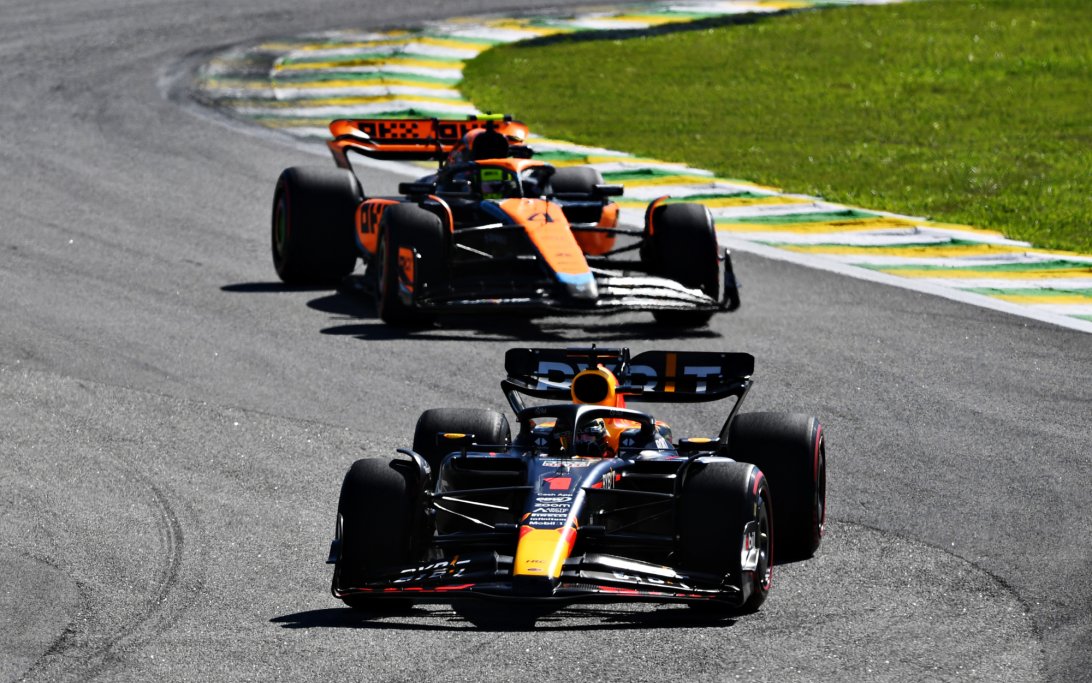
F1 Cars (Photo: Red Bull Company)
When asked if Red Bull was reaching a limit with its current development approach, Wache admitted, “We might be hitting the ceiling with one specific concept, but this does not mean we have reached the overall ceiling.”
He elaborated, “In this industry, you also adopt ideas from others. Over the past two years, others have utilized our concepts. However, for progress to continue, competitors need to innovate as well. This is beginning to happen now, which introduces a new ceiling for us.”
Verstappen set the record for most wins in a single season for the second consecutive year last term, achieving 19 victories, including a record-breaking 10 consecutive wins between Miami and Monza.
The expectation was that this dominance would continue into the new season, but it has not been straightforward for Verstappen and the team.
“We honestly expected the competition to catch up earlier,” Wache admitted. “At the start of 2022, Ferrari had the fastest car, and we anticipated a fierce competition in 2023, which did not materialize.
We also expected the competition to be close from the beginning of this year. Given the performance limits of the car under the same regulations, we anticipated that others would catch up after the first few races, even if there was some delay.”
When asked if the narrowing gap was due to improvements by rivals or slower-than-expected progress from Red Bull, Wache said, “I think it is a combination of both.
The constraints of these regulations are significant, and making further advancements is increasingly challenging. Consequently, as long as the regulations remain unchanged, it’s almost certain that competitors will close the gap eventually.”








